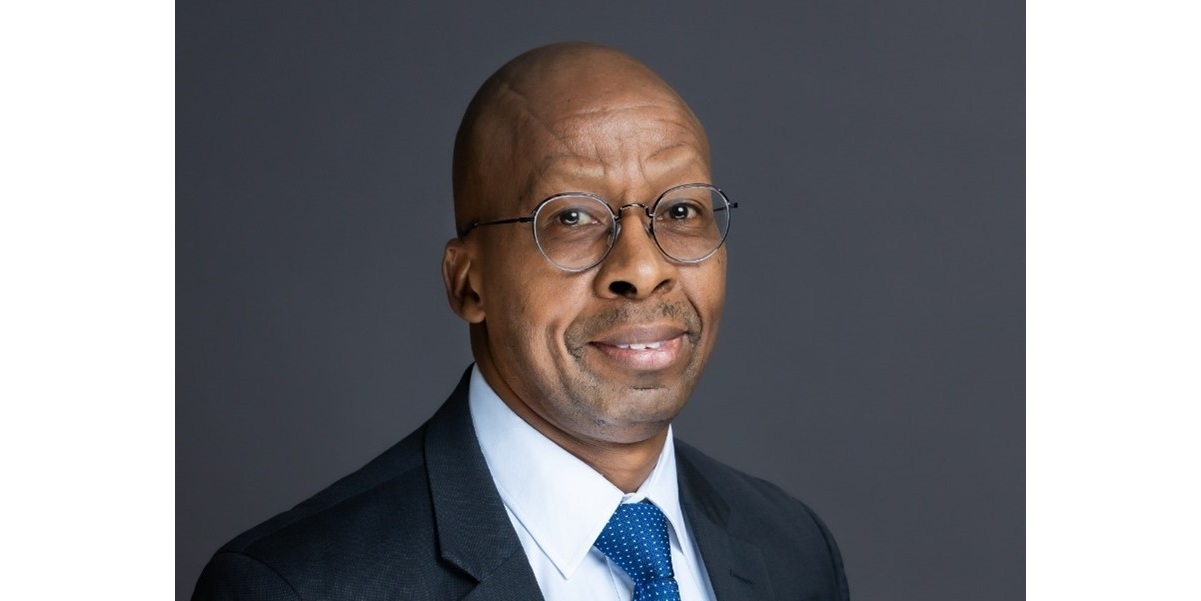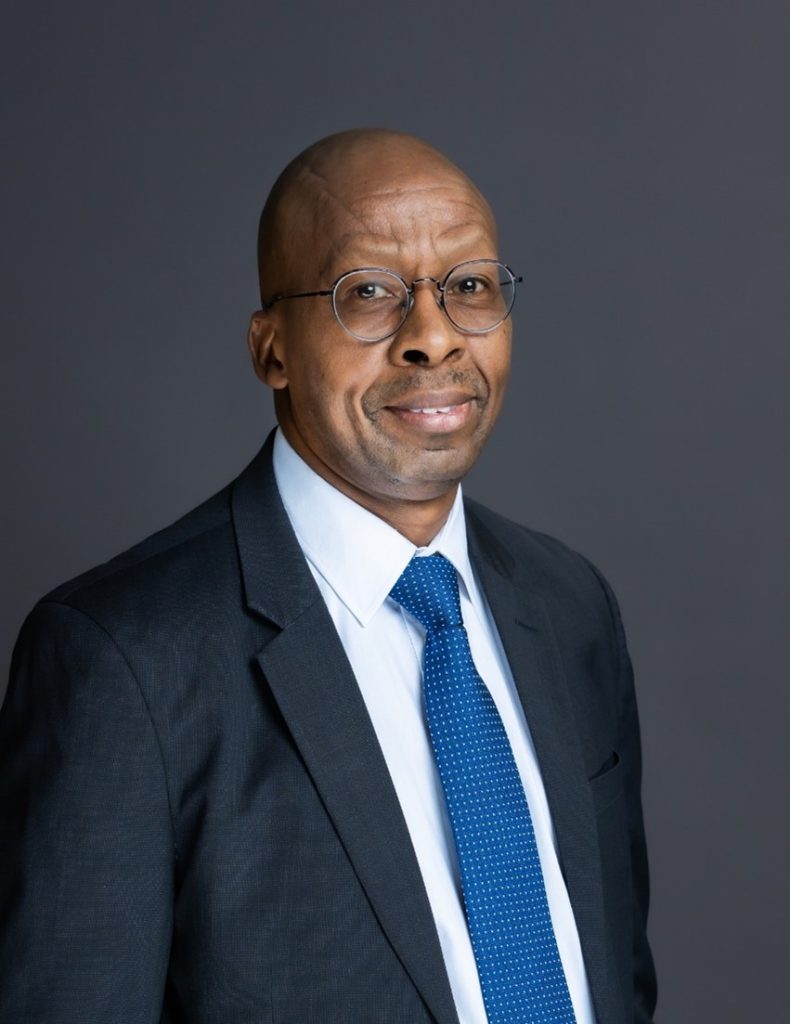-
About
-
Outcomes
-
Conference
-
Events

October 2025 coincides not only with the convening of the 7th RD20 Conference in Tsukuba, Japan, but also the 80th anniversary of one of its member institutions: South Africa’s Council for Scientific and Industrial Research (CSIR).
Established in 1945, according to CSIR Group Executive Dr. Sandile Malinga, the state-operated research and development institution with its more than 2,000 staff members is perhaps the largest such organization on the African continent. The only African member institution in the RD20 initiative, CSIR is slated to host the 8th RD20 Conference in Pretoria in 2026.

In fact, this year South Africa holds the rotating presidency of the 20 leading rich and developing nations. South Africa has made the theme of its G20 presidency “Solidarity, Equality, Sustainability,” and stressed the need for the G20 presidents to make urgent progress between the present moment and 2030 toward achieving the United Nations sustainable development goals (SDGs) set for that year.
As part of that effort, says Malinga, this year South Africa has led the G20’s Energy Transition Working Group. This body’s work ties in with the work that CSIR has been doing through RD20 on energy transition to make technology more efficient and ensure that communities are not negatively impacted by it, he explains. That is one area that he expects will be a focus when CSIR hosts next year’s RD20 conference.
CSIR was formally established on Oct. 5, 1945, under the South African parliament’s Scientific Research Council Act No. 33. It is state institution under what today is the Minister of Science, Technology and Innovation. Explains Malinga, “Since its inception, CSIR has focused on research and development to ensure that its work benefits society through addressing a wide range of areas.”
Organizationally, CSIR comprises nine so-called clusters that he says can be roughly grouped into three divisions. The first division comprises advanced chemistry and life sciences, with research focused on such areas as green chemicals, advanced agriculture and food and next-generation health care. The second division groups together advanced production and national security, covering such fields as new manufacturing technologies, the mining industry and advanced defense and security technologies. The final division, broadly speaking, deals with “smart society.” It deals with such areas as smart places, smart mobility, and the application of new technologies and digitalization to enhance sustainability and productivity, among other needs.
As noted above, the RD20 initiative’s focus on energy transition has been of special interest to CSIR, says Malinga, given South Africa’s own search for new technologies, solutions and innovations in the clean energy field.
The CSIR has an Energy Research Centre (ERC) engaged in a wide range of energy-related activities to address the two imperatives of energy efficiency and cleaner energy. Through the ERC, he explains: “We cover hydrogen, solar, wind looking at all in terms of how they can be best rolled out in our country. We also conduct a lot of resource-mapping (and furthermore) look at how to best develop energy corridors while taking environmental concerns into consideration so we don’t disrupt any (environmentally) sensitive areas.”
Another key resource, Malinga adds, has been minerals. South Africa is endowed with energy-related resources, he points out, beyond those directly associated with clean energy. Minerals such as manganese that come from South African mines are crucial for the battery technologies that are needed to store whatever clean energy gets generated, he notes.
“Renewable energy is not generated consistently. You need to be storing it when you can generate it, so that you can use what is stored when it is not being generated. Battery technologies are very important and so this is a resource we want to exploit as we make our own moves toward renewables,” explains Malinga.
In light of such interests, CSIR is very grateful for having the opportunity to host the 8th RD20 Conference slated for next year, says Malinga, who is also a member of the RD20 Action Committee. It is especially important that this will mark the first time for the event to be held in Africa, he says, believing it will bring a new dimension to it.
He explains: “First, it will elevate the stature of our country South Africa in the areas of energy transition and clean energy. There is the national pride that we have in hosting this conference. But second, it also elevates the continent of Africa as a whole, and more importantly will give an opportunity to African countries who are not members of the RD20 at the moment. We hope that through our hosting this, they will have the chance to possibly be invited as observers to see the work that is being done, at the very least in the technical sessions.”
Expanding on his point, Malinga adds: “The more African countries we have participating in RD20, the more that knowledge and ideas can be exchanged for the benefit of the continent. Africa, to some extent, is facing challenges that are different from other parts of the world, in terms of development. We need technologies that are at the cutting edge, and in some instances, we don’t have the skills for that. We do have experts, but we can always gain from an exchange of knowledge, information and resources. I think it will provide greater access to other African countries besides just South Africa, and we want to do our best to ensure that it’s a success and the footprint and access to it is broader.”
As to the specific topics and focus areas that will be addressed in 2026, Malinga points out that these matters are still under discussion, especially since at the time of the interview final preparations were under way for the imminent convocation of the 2025 conference. However, he says, there are at least three topics or areas that are under consideration for next year, with each directly relevant to South Africa’s own national priorities.
First is hydrogen. This is a key issue for South Africa, he notes, as the country has great potential in terms of resources to generate hydrogen, and so a deeper understanding of the factors involved and of hydrogen derivatives will be important going forward. Specifically, South Africa hopes to be an exporter of hydrogen, but at the same time recognizes that there is still a lot of work to be done in market development. Having a better understanding of the issues involved will help with positioning itself, he says.
Second is the area of synthetic fuels and the resources required for their production. South Africa’s own aviation and marine sectors each have an interest in this area, says Malinga. The aviation sector is sensitive to energy issues, he adds, especially given the distance that has to be traveled to go back and forth between South Africa and many other locations whether in the global north or south. Hence, addressing the sector’s needs is very important for the country.
Finally, there is the use of digitalization and artificial intelligence in energy production. South Africa, says Malinga, has quite a lot of leakage in its energy grids. Finding ways to improve the efficiency — especially of renewable energy so that it can be efficiently generated, stored and reused — is of great interest. Using such tools as smart meters to monitor energy networks and isolate problems is an issue of great importance.
The partnerships and collaborations formed under the RD20 framework are important to all of this, adds Malinga. South Africa has been a very coal-intensive country in terms of its energy portfolio, with coal still accounting for some 73% of its capacity, according to government statistics. The journey to achieve the country’s carbon reduction and eventually decarbonization goals by 2050 will be a long one, he says, that will require it to ramp up its renewable-energy generation capacity. Forming partnerships through the RD20 to develop and optimize South Africa’s own capabilities will be essential toward advancing its ambitions, as well as meeting these targets and commitments.
Furthermore, the different levels of development between the global north and global south also suggest the need for partnerships, says Malinga.
“The south to a large extent is a developing sector compared to the north. Many parts of the south are endowed with renewable and mineral resources and quite a lot of this is exported. However, what is needed is not just extraction, but partnerships that also promote local value creation and beneficiation. These are important.”
Looking ahead, Malinga is hopeful that RD20 2026 will suggest ways forward for the youth of South Africa, and perhaps everywhere. With nearly half of South Africans between the ages of 15 and 34 unemployed, the development of a renewable-energy industry represents an avenue for creating new employment.
CSIR, he says, recently issued a report on the skills needed for energy transition with the goal of encouraging policymakers and businesses in the sector to provide training opportunities for employment-seekers to find work in this growth field. With such initiatives as its Summer School program, the RD20, he believes, can be a key factor when it comes to finding ways to nurture future generations working in the renewable-energy sector.